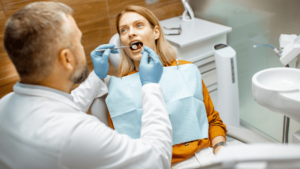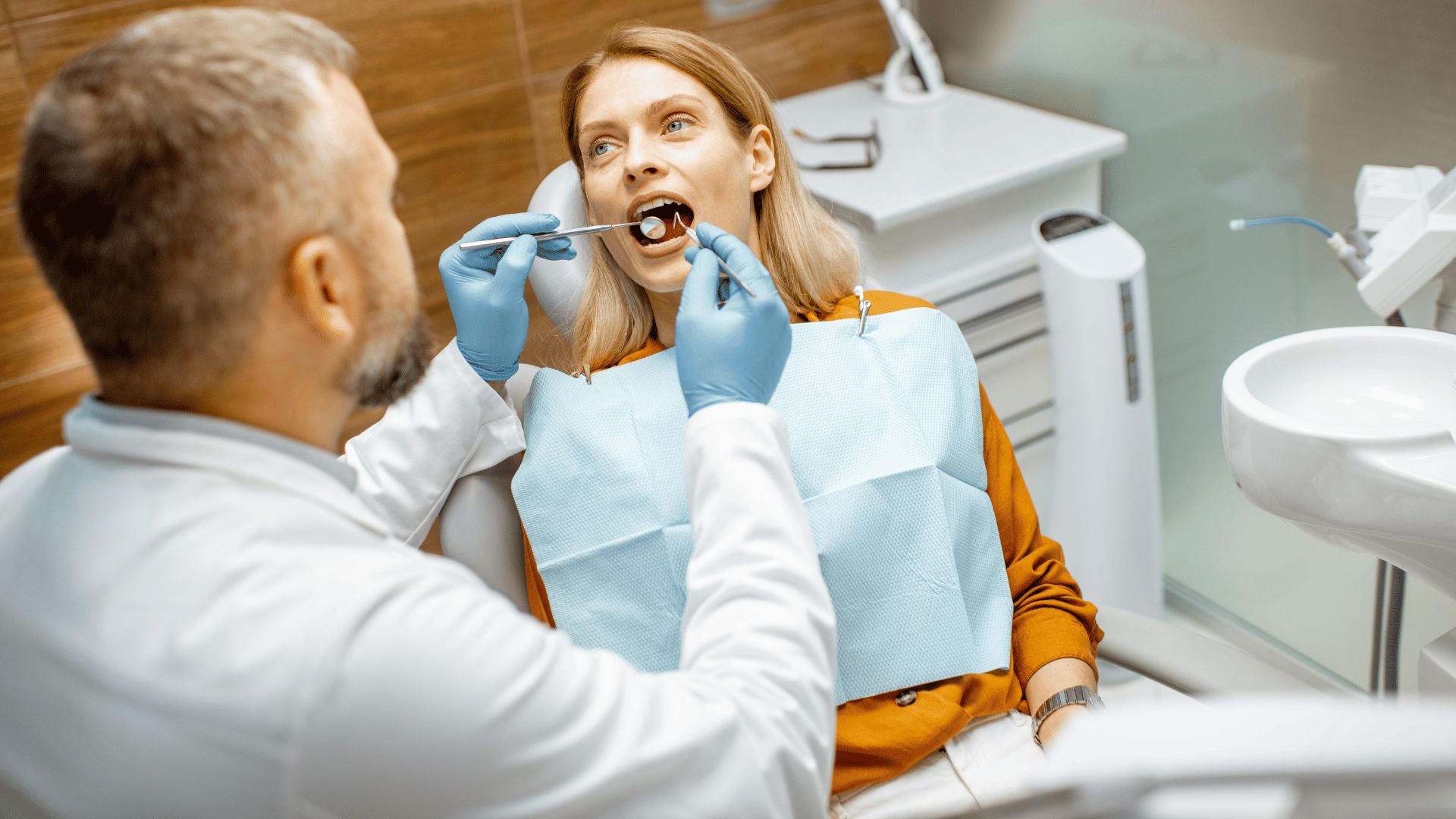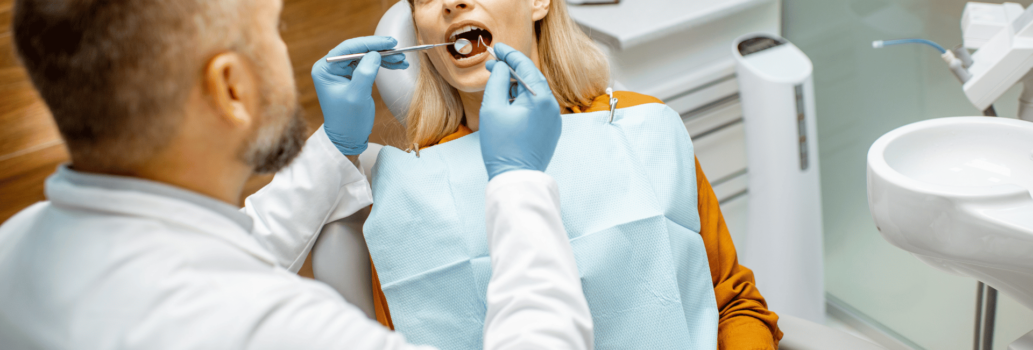Emergencies can happen at any time, and dental emergencies are no different. Whether it’s acute tooth pain, a knocked-out tooth, or a shattered crown, understanding how to treat dental emergencies properly can be the difference between maintaining oral health and avoiding misery. In this detailed guide, we’ll go over the ins and outs of emergency dental care, giving you helpful tips on what to do when dental problems happen outside of usual office hours.

Understand Dental Emergencies
Dental crises refer to a wide range of urgent dental conditions that must be addressed immediately in order to relieve pain, avoid further damage, and maintain oral health. Common dental emergencies include the following:
- Severe Toothache: Excessive or persistent tooth pain may indicate an underlying problem such as infection, decay, or trauma.
- A knocked-out tooth requires immediate attention to improve the chances of successful re-implantation.
- Trauma or accidents can cause teeth to chip, fracture, or break, causing discomfort and making them susceptible to infection.
- Lost or Loose Dental Restoration: Dislodged fillings, crowns, or bridges can reveal underlying tooth tissue and necessitate rapid treatment.
- Soft tissue injuries can occur as a result of accidents or biting down on harsh objects.
Steps to Take During a Dental Emergency:
When confronted with a dental emergency, it is critical to remain calm and take immediate action to manage the problem successfully. Here are the steps to take during a frequent dental emergency.
- Assess the Situation: Determine the severity of the dental problem and whether it is a serious emergency requiring quick care.
- Manage Pain: If you are in severe pain, over-the-counter pain medicines like ibuprofen can help ease it briefly.
- Control bleeding: To control bleeding from soft tissue injuries, apply mild pressure to the affected region using clean gauze or a cloth.
- Retrieve a Lost Tooth: If a tooth has been knocked out, handle it gently by the crown (top) and avoid touching the root. If it is unclean, gently rinse it with water. Do not scrub or remove any adhering tissue fragments.
- Attempt to Re-Implant Tooth: If possible, re-insert the knocked-out tooth into its socket, making that it is facing the correct direction. Bite down lightly on a clean rag or gauze to hold it in place.
- Seek Immediate Dental Care: Call your dentist or an emergency dental clinic as soon as possible to set up an emergency appointment.
Emergency Dental Care Options:
If you have a dental emergency, you should seek professional help right once. While some tooth disorders require immediate attention, others can be treated at home until you can visit a dentist. Here are a few emergency dental treatment options:
- Emergency Dental Clinic: Many dental practices provide emergency dental care outside of normal business hours. Contact your dentist to inquire about emergency appointment availability, or seek assistance from a local emergency dental facility.
- Some dental offices provide tele-dentistry services, which allow patients to consult with a dentist remotely via video call. This option can be especially useful for establishing the severity of dental disorders and the best course of therapy.
- Home Care: For minor dental problems like chipped teeth or missing fillings, temporary home cures like dental cement or over-the-counter dental repair kits can provide relief until you can visit a dentist.
Preventing dental emergencies
While dental crises might happen unexpectedly, there are things you can take to reduce your chances of encountering oral issues:
- Maintain Good Oral Hygiene: Brush and floss regularly to avoid tooth decay, gum disease, and other dental problems.
- Wear Protective Gear: If you participate in sports or activities that provide a risk of dental damage, wear a mouthguard to protect your teeth from trauma.
- Avoid Chewing Hard Objects: Chewing on hard objects like ice, popcorn kernels, or pens can lead to chipped or fractured teeth.
Regular dental check-ups can help identify and address any dental issues before they become emergencies.
Emergency dental care: Conclusion
To summarize, dental emergencies can be upsetting, but knowing how to respond efficiently can help relieve pain, prevent more damage, and maintain oral health. You can secure the greatest outcome for your dental health by becoming familiar with typical dental crises and responding quickly when they occur. Remember, if you have a dental emergency, seek professional assistance right away. Your dentist is your oral health partner, and he or she is prepared to provide the expert care you require even outside of normal office hours.


